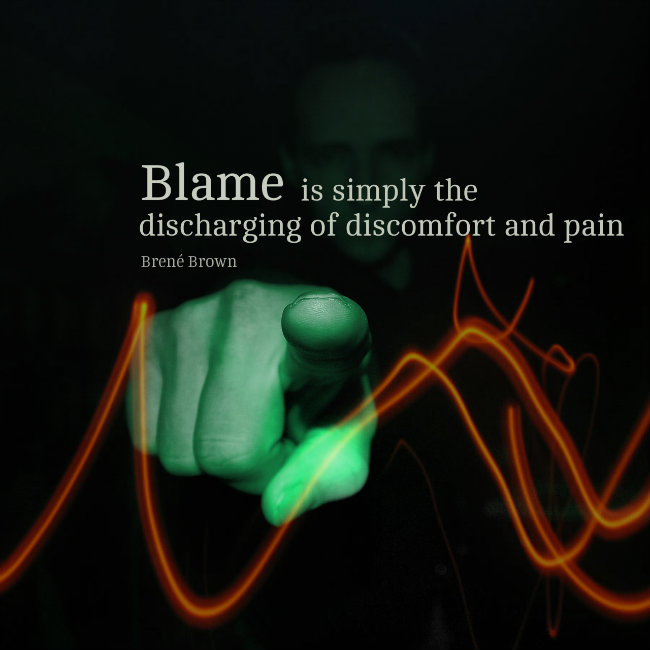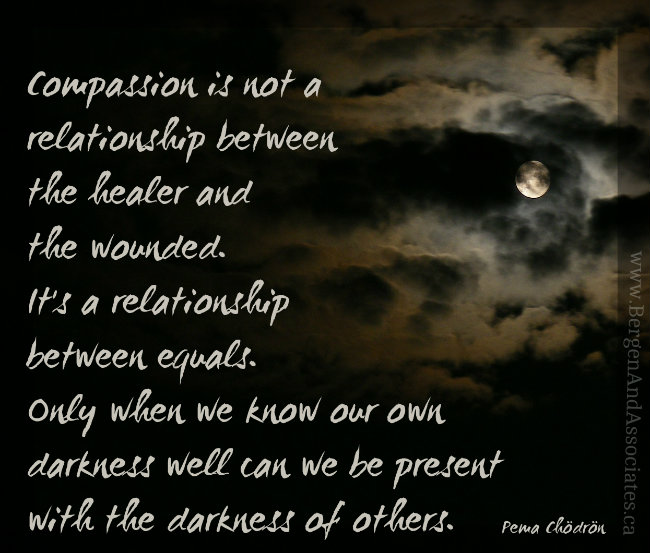I remember my brother-in-law talking about driving his wife and brand new baby home from the hospital. He said he was nervous. And tentative. And he thought about every turn of the wheel leading to a potential car crash, and he babied the gas pedal like a nervous grandma. Suddenly every car on the road was an impending threat to his child’s safety.
He said it was like he was driving for the first time.
All of a sudden, with his infant daughter in the back seat, he saw danger at every intersection. He had been driving for well over a decade before he became a father, and had become immune to the inherent vulnerability we all have all the time driving. Any of us can get rear ended or T-Boned at any time…but we don’t live in fear of that…unless the vulnerability of a child reminds us of the possibilities.
I spoke with Brittany Greenslade earlier today about the vulnerability we as a larger community feel when a child goes missing. We have seen the child’s beautiful face in a picture, we have watched their panicked parents on TV, and there is a measure in which we feel we have come to know and care for the child…we become invested as our friends help in the search, and we help with the prayers.
We hate to know that Chase Martens died. And Cooper Nemeth. And Delaine Copenance.
After we finished filming for the news clip, Brittany asked me about the huge wave of social media that was accusatory and cruel towards Chase’s parents–implying, or even stating, that they were careless and inattentive parents. She and the camera man wondered aloud why folks would kick a family when they are down.
I don’t think the critical folk got up in the morning intending to be mean. I don’t think their intent was to be cruel.
I think there is an unconscious pull on the part of a lot of parents to explain why that tragedy happened over there, from way over here, where that stuff doesn’t happen.
The deaths of these children remind us of the vulnerability of our own lives. These deaths remind us that a parent can do the very best they can, and sometimes that’s not enough.
Frankly, that is terrifying for us all.

I was chatting with a woman at the office today after my conversation with the TV reporter about the whole idea of wanting to think our children are safe–of needing to believe that they are safe. Her now-young-adult-child has suffered a serious life threatening illness for a long time, and she has spent the night sleepless on several occasions waiting to see if he would be alive at sunrise. She scoffs at the idea–the fantasy–that we can keep our children safe.
She told me that years ago, her son was to be part of a school trip to the Middle East. It was threatened to be cancelled because of political unrest in that part of the world. She told me she said to the school: “You think keeping them home will keep them safe? You think they are safe here?” Danger is everywhere, and cannot be avoided.
She and her son decided long ago to live life large. To know that life is fragile, and because it is fragile, to squeeze it for all it is worth. To grab the little and the big moments and squeeze them hard. To treasure time together. To not squander all of life’s resources on staying safe. To treasure the extraordinariness of all the ordinary experiences of life. To know that there was no guarantee of tomorrow–and so to live life to the full today.
It wouldn’t occur to this mother, who may well yet lose her own son to illness, to blame a parent. Her only thought: compassion.
I think she’s onto something.
To Chase’s mommy and daddy:
We are all a part of your community. In a world where we all love our children desperately, your loss takes our breath away. We miss your Chase…and we are terrified knowing our worst nightmare is your reality. We see your sobs on TV and we weep with you. It is almost more than many can stand.
So…there are those that can’t stand the discomfort that you are in. They seek to distance themselves from your distress. The only way they know to cope is to judge.
Sometimes, sadly, judgement trumps compassion. That’s not fair to you. It so not.
But to feel compassion for you right now, is to feel with you. It would be to sit with you in your pain…and that might have some of us feel our own…and for some that would be simply intolerable.
Pema Chödrön says that, “Compassion is not a relationship between the healer and the wounded. It’s a relationship between equals. Only when we know our own darkness well can we be present with the darkness of others.”
Your pain presents a crucial dilemma for the rest of us…compassion extended to you can only happen when we get in touch with our own vulnerability, our own terror at the tragedy that is possible for our own children, our own nieces and nephews, our own grandchildren.
It would be too hard for some to get in touch with their own pain, which is what is required to feel compassion for you in yours.
Criticizing you is a way of having the terrified among us feel safer, because they risk drowning in their own fear, contemplating your experience as something that could happen to them. That doesn’t make it right, but it does inspire compassion for those that hide their struggle behind their criticism.
I hope you have friends and family shielding you from the unfair and cruel accusations on social media as you work to survive, moment by moment, in a world that doesn’t have your precious Chase in it. These are lonely, agonizing days, and we, as a culture, apologize for any actions that increase your already enormous pain.
During those days he was missing, and we were all hoping and praying, your Chase because our Chase, too. We are so very, very sad that he died.
Our hearts are broken for you…
Our hearts are broken with you.
Postscript 1: CBC News wrote about this very topic a day after I wrote this, and wrote in ways that contrasted and complemented the above thoughts, including this blog in the article.
Postscript: I chatted with Dahlia Kurtz on 680CJOB a few days later about the propensity of folks to be blaming on social media as an interesting follow up conversation to the reactions and discourse this blog created.







Write a Comment